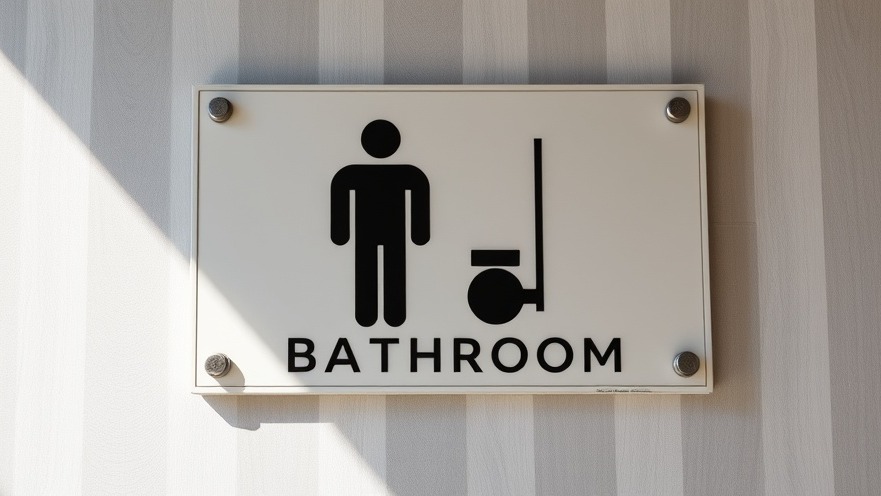
The Dismissal of Salazar-Cuervo’s Case: A Major Legal Turning Point
A Texas judge's recent dismissal of the misdemeanor trespassing case against Pedro Luis Salazar-Cuervo has highlighted significant issues surrounding immigration policy and law enforcement's powers. Prosecutors called for the case to be dismissed ‘in the interest of justice,’ prompting a deeper inspection into how individuals are labeled and treated under the law.
Background on Pedro Luis Salazar-Cuervo’s Arrest
Salazar-Cuervo, a 28-year-old Venezuelan, was arrested upon crossing the U.S.-Mexico border, accused of being a member of the Tren de Aragua gang. The arrest stemmed from findings of a photo on his phone where he posed with an identified gang member, yet Salazar-Cuervo himself bears no tattoos indicative of gang affiliation.
The allegation led federal authorities to deport him to a maximum-security prison in El Salvador, notorious for its harsh conditions and associations with violence. This raises troubling questions about how quickly individuals can be labeled and punished without significant due process.
The Implications of Labeling and Due Process
The critical issue in this case revolves around the treatment of immigrants accused of gang affiliations. Most of these cases lead individuals into a cycle of detention and deportation based on scant or circumstantial evidence. Salazar-Cuervo’s attorney described his deportation as an infringement on his rights, as he was removed from the United States without due process. This situation exemplifies the broader tensions within Texas’s approach to immigration and gang-related crimes.
Pushed to their Limits: The Strain on Border Resources
Since 2021, Texas Governor Greg Abbott has implemented a crackdown along the Texas-Mexico border, deploying state troopers and National Guard members. This aggressive stance has led to thousands of arrests, but the efficacy and ethical implications of such a strategy are being brought into question, especially in light of cases like Salazar-Cuervo's. With resources stretched thin and civil rights potentially compromised, significant reform may be required to address the core issues at play.
Media Perspective: Unraveling the Narrative
The media’s portrayal of Salazar-Cuervo has highlighted a crucial lens through which the public understands law enforcement's actions. The label of ‘gang member’ can carry a significant weight, influencing public perception even without concrete evidence. Reports often focus heavily on sensational elements, overshadowing individual narratives tied to immigration and personal histories. This influences how individuals like Salazar-Cuervo are viewed within society, often leading to harmful stereotypes and broader stigmatization of entire communities.
Revisiting Immigration Policies: A Call for Reform
As cases like Salazar-Cuervo’s unfold, there is a growing call for a reassessment of current immigration policies. Advocates argue for a more humane approach that respects individual rights, ensuring that due process is preserved for all individuals irrespective of their immigration status. This incident ignites a conversation about finding a balance between border security and justice, and whether existing frameworks offer adequate protections against wrongful labeling and deportation.
Looking Ahead: What Comes Next for Salazar-Cuervo?
Salazar-Cuervo, following the dismissal of his misdemeanor charge, remains imprisoned in El Salvador. He is awaiting a potential return to Texas for his upcoming trial, which suggests a critical juncture in his legal battle and that of others like him. The outcome will be essential in setting precedents regarding how U.S. courts handle similar cases moving forward.
Rick Treviño, representing Salazar-Cuervo, has emphasized the necessity of addressing the underlying injustices surrounding his client’s situation. As discussions continue about border security, immigration reform, and public safety, the outcome could reshape both policy and public attitudes for years to come.
 Add Element
Add Element  Add Row
Add Row 



Write A Comment